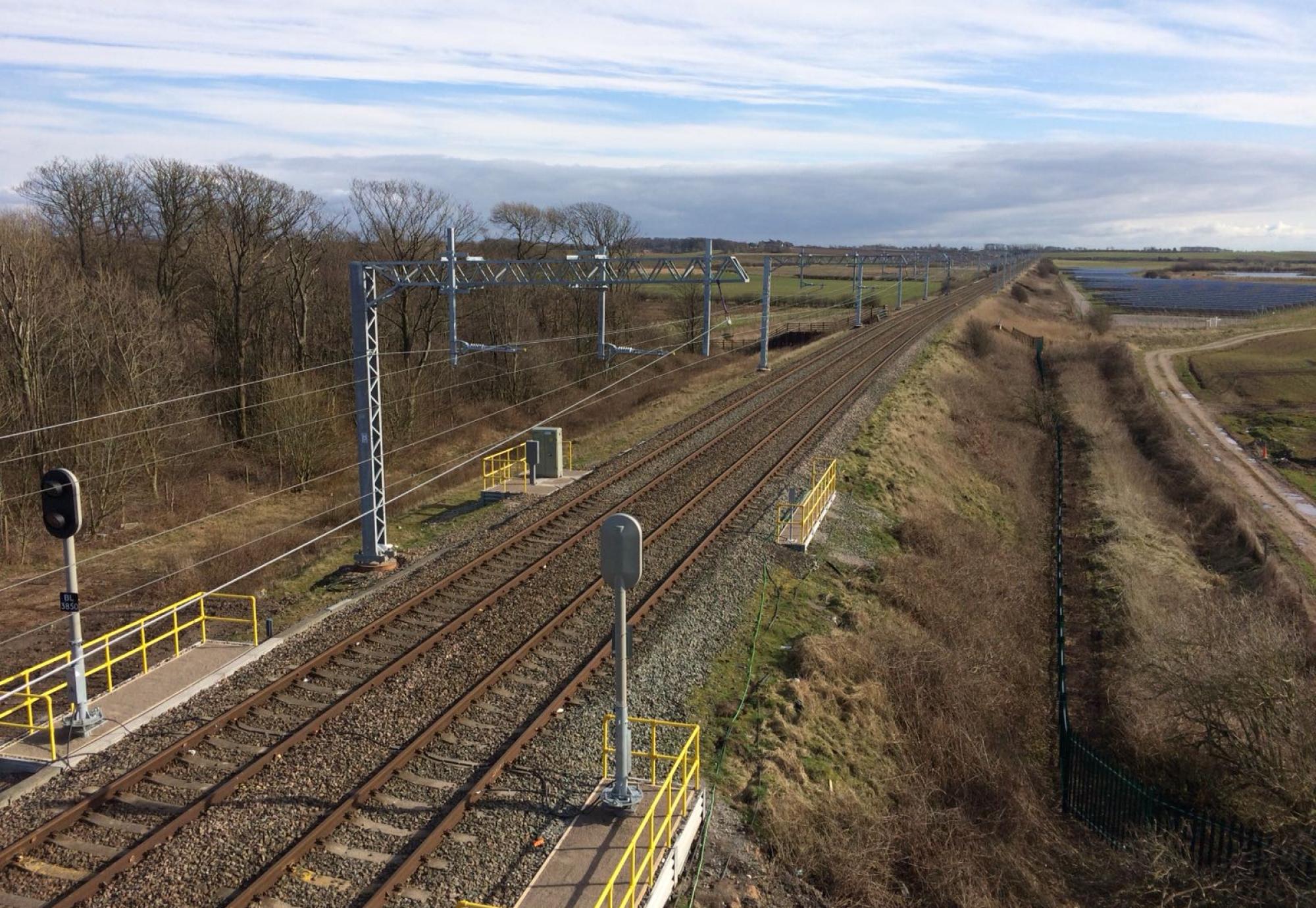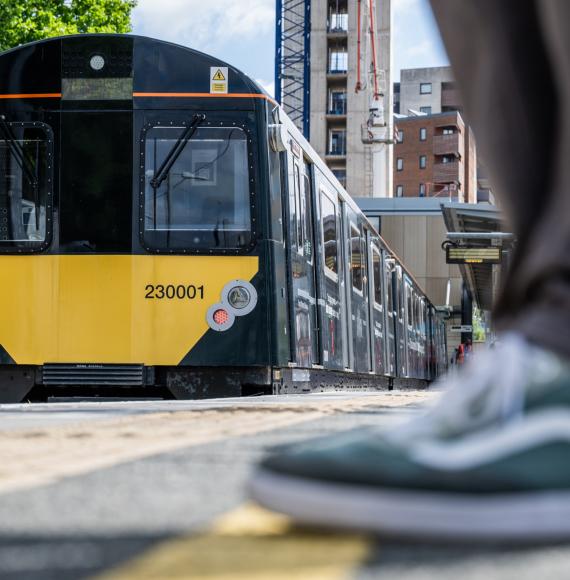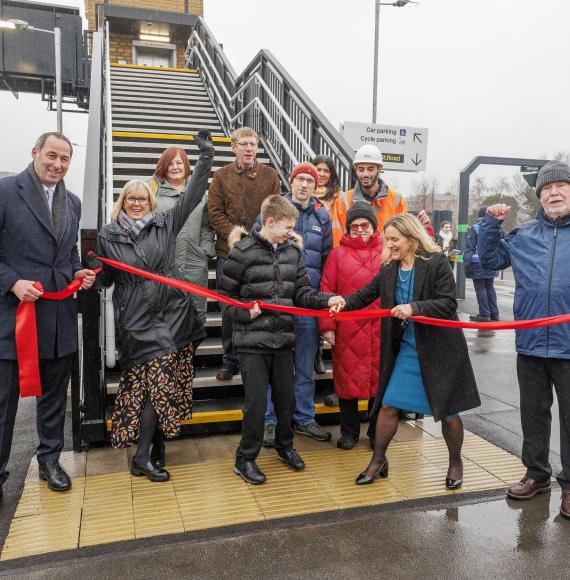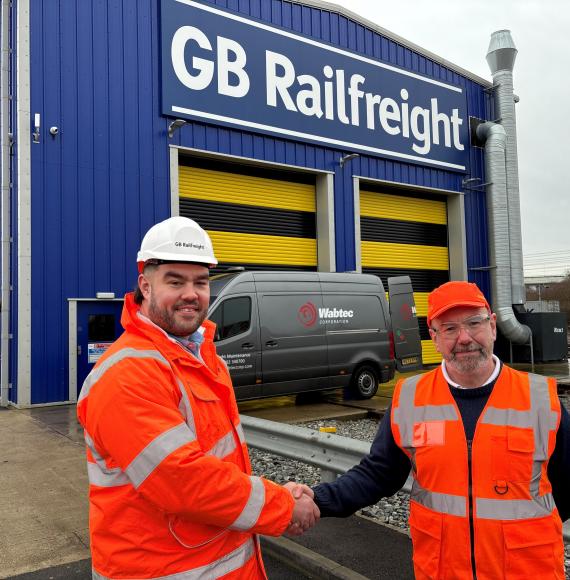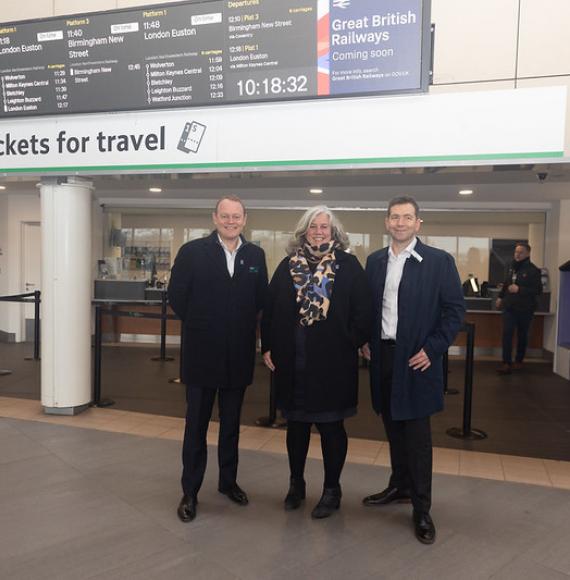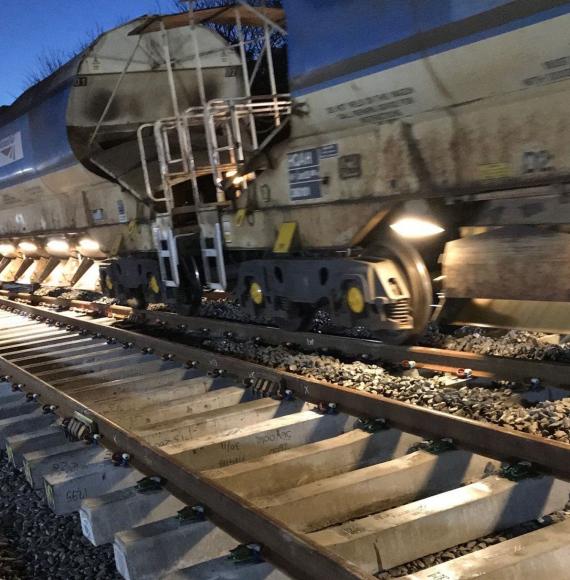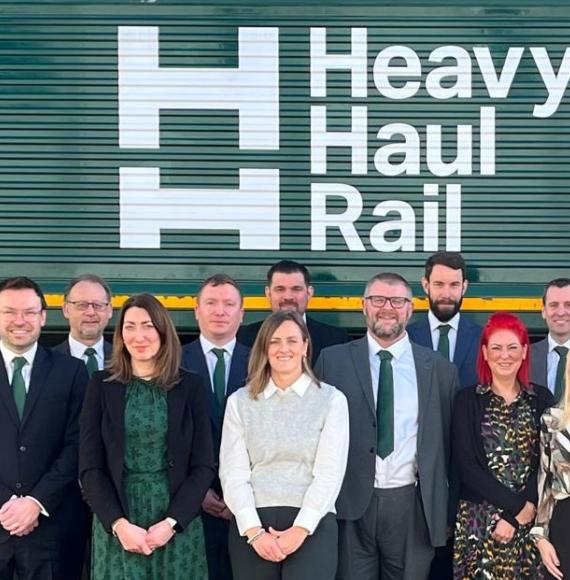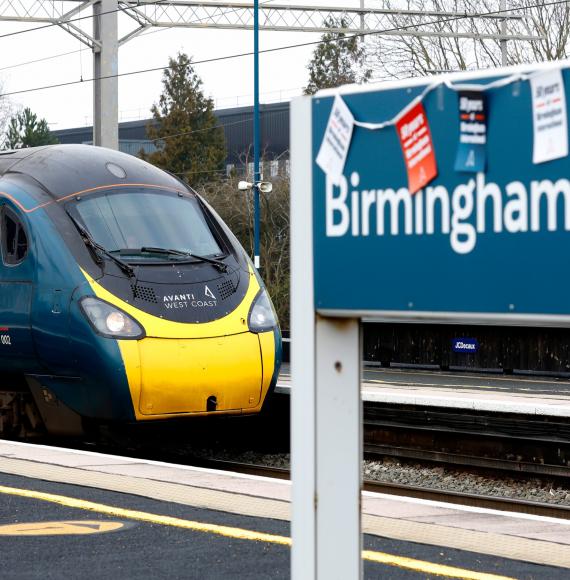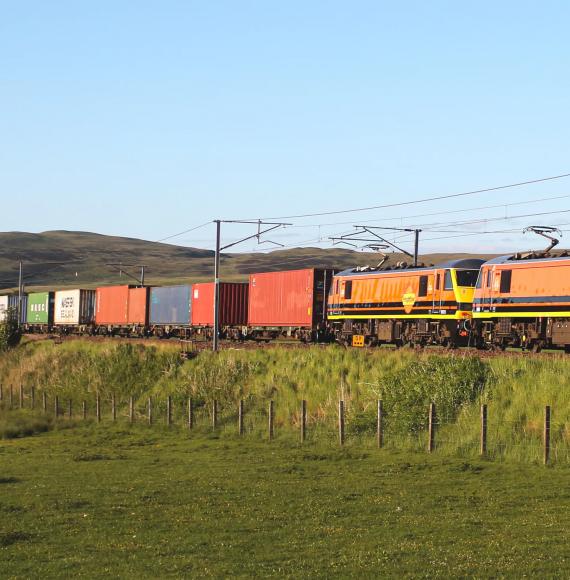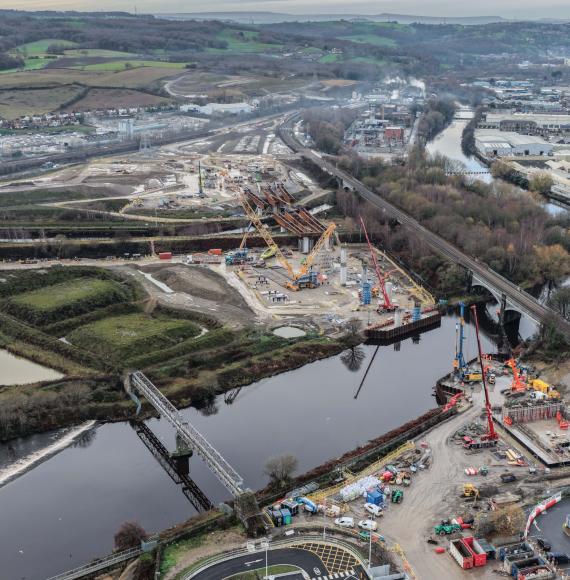Sustainability has taken a more prominent role in Network Rail’s future planning as their Control Period 7 (CP7) strategic plan shows.
Network Rail released last week, their overall plan for Control Period 7 and the key pillars which will form that plan. Sustainability was included and an ambitious plan to invest £290 million into decarbonisation with the core purpose of transitioning Network Rails huge road fleet to electric vehicles.
The plan also states a commitment to increasing the organisations recycling and waste management increasing investment to £27 million over the four year period.
Biodiversity within Network Rail is also playing a more important role than previously with £49 million planned over the course of CP7, with a 4% net biodiversity gain forecasted by the end of 2027.
These plans and Network Rail’s renewed focus on sustainability are driven in part by the Department of Transport’s Rail Environment Policy Statement which was released at the start of the year. The bold plan which is designed to drive environmental policy over the next 30 years across the whole of the rail network.
Part of that strategy included hitting targets for cutting carbon emissions – With Network Rail planning on net-zero carbon emissions by 2050 and continuing with the electrification of the railways.
Carbon emissions form a key part of the environmental plan within CP7. Network Rail have set an ambitious 46% reduction in carbon emissions and a 28% reduction in traction diesel, further reinforcing the desire to move fully into electrification.
It is a stark difference to Control Period 6 (CP6). Whilst environmental concerns did play a part in the original CP7 delivery plan, more emphasis was placed on reliability and efficiency. In CP6, Network Rail aimed to cut carbon emissions by 25% with a target of 18% reduction in energy consumption.
As CP6 comes to close in 2024, Network Rail has only managed to reduce 12% in energy consumption but it is better news for the reduction in carbon emissions - which Network Rail has managed to hit its original stated target of 25%.
Want to know more about the opportunities to become a key supplier to the UK rail industry? Attend TransCityRail and access an exclusive marketplace of buyers from Network Rail, HS2, Train Operators, Major Contractors, and all other tiers of the supply chain. For more information and to secure your place click here.

